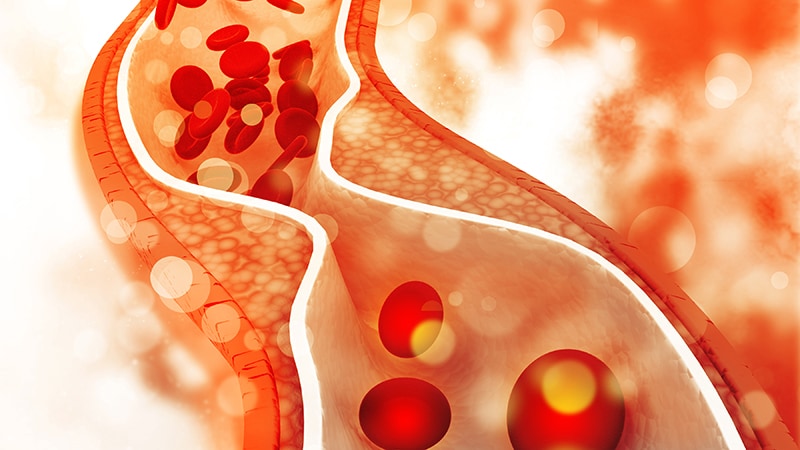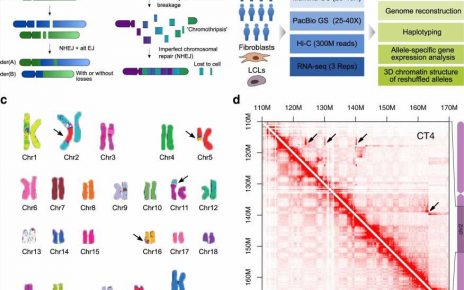TOPLINE:
The risk of venous thromboembolism is so high during neoadjuvant chemotherapy for advanced epithelial ovarian cancer that routine thromboprophylaxis may be warranted.
METHODOLOGY:
-
Investigators reviewed 154 consecutive cases of advanced stage epithelial ovarian cancer treated with neoadjuvant chemotherapy and interval cytoreductive surgery at the Mayo Clinic in Rochester, Minnesota.
-
Their goal was to assess the incidence, timing, and risk factors for venous thromboembolism (VTE) from diagnosis through 6 months following surgery.
-
VTEs were discovered due to symptoms, not screening.
TAKEAWAYS:
-
Overall, 33 women (21.4%) developed VTEs; 22 VTEs (66.67%) occurred between diagnosis and surgery; four (12.12%) were present at diagnosis, and seven (21.21%) occurred after surgery.
-
The researchers observed no statistically significant differences in risk factors — which included age, body mass index, functional status, histology, Khorana score, and smoking history — between women who did and did not develop a VTE.
-
In the cohort, 11 women (33.3%) received a direct-acting oral anticoagulant (DOAC) to treat a VTE between VTE diagnosis and 180 days after interval cytoreductive surgery.
-
There were no significant differences in the number of intraoperative blood transfusions, blood loss, or bleeding complications between women who received and did not receive a DOAC.
IN PRACTICE:
-
The current study suggests that “two thirds [of VTEs] may have been preventable” because they occurred between epithelial ovarian cancer diagnosis and interval cytoreductive surgery, the authors wrote. “Our study, like others, did not elucidate specific risk criteria in patients with advanced stage [epithelial ovarian cancer] who do and do not need thromboprophylaxis — begging the question that perhaps they all need thromboprophylaxis.”
SOURCE:
-
The work, led by Anousheh Shafa, MD, of Mayo Clinic’s Department of Obstetrics and Gynecology, was published online this month in Gynecologic Oncology.
LIMITATIONS:
-
The study was retrospective and had a small sample size.
-
The study was not powered to identify risk factors associated with an increased risk of VTE.
-
At Mayo Clinic, neoadjuvant chemotherapy is reserved for patients with large-volume or unresectable disease, poor nutritional status, or poor performance status; the data may not be as applicable in centers with different triage criteria for receiving neoadjuvant chemotherapy.
DISCLOSURES:
-
Disclosures and funding sources were not reported.
M. Alexander Otto is a physician assistant with a master’s degree in medical science and a journalism degree from Newhouse. He is an award-winning medical journalist who worked for several major news outlets before joining Medscape. Alex is also an MIT Knight Science Journalism fellow. Email: [email protected] .
For more from Medscape Oncology, join us on Twitter and Facebook.
Source: Read Full Article



